Jean-Jacques philosophy as laid out in Emile is the foundation of modern education. Paul Johnson’s Intellectuals describes Rousseau as “An Interesting Madman.”
Born in 1712 to a “Calvinist” family in
This one man embodies the principles of the French revolution, three decades before reality hit.
His book Emile, detailed his ideology that “In short by transferring his responsibility to the state ‘I thought I was performing the act of a citizen and father and I looked on myself as a member of Plato’s Republic.”
Plato laid out that “No child shall know his father and no father shall know his child.” He believed that no man was as loving, compassionate, caring, he would never quarrel but was found to love quarreling.
He was a precursor to Marx, and believed that private property was evil, the source of social crime, and that “The poor are victims of the rich.”
Let’s see how loving, compassionate, and caring he was. He had at least three mistresses. One of his long-time live-ins, for 33 years, Therese Lavasseur gave birth to a child in the winter of 1746-47. He had the midwife take the baby to the Hopital des Enfants-trouves, “With ‘The greatest difficulty in the world’ he persuaded Therese that the baby must be abandoned ‘to save her honour.’ She obeyed with a sigh…Four other babies he had by Therese were disposed of in exactly the same manner.”
In justification for his rank cruelty “He blamed the wicked circle of godless intellectuals among whom he then moved for putting the idea of the orphanage into his innocent head. Then, to have children was an ‘inconvenience’. He could not afford it. ‘How could I achieve the tranquility of mind necessary for my work, [if] my garret were filled with domestic cares and the noise of children?’ He would have had to ‘stoop to degrading work, to all those infamous acts which fill me with such justified horror’. ‘I know full well that no father is more tender than I could have been.’ ”
“Something had to take his place, and that something was the State in the form of the orphanage.”
As Kevin Swanson recounted, “Someone asked him, ‘Jean-Jacques what did you have, boys or girls?’ ‘Oh, I forgot to check the gender.”
5% of children in the orphanage survived to adulthood, and most became beggars and vagabonds who grew up to be the French Revolutionary backbone of the violent overthrow of the Louis XVI, the Aristocracy, and the Christianity of France.
Rousseau was an aimless vagabond going from place to place without purpose. A man with out God is purposeless.
As Kevin Swanson says, “Modern man is lost and lonely, lost without Truth and lonely without relationships.”
“Until he was well into his thirties, Rousseau led a life of failure and of dependence, especially on women. He tried at least thirteen jobs, as an engraver, lackey, seminary student, musician, civil servant, farmer, tutor, cashier, music-copier, writer and private secretary.” He held the post of secretary to the Comte de Montaigu, the French ambassador to
The French revolution is a testimony to what happens to a society that drives out Christianity. The Catholics drove out the Huguenots, and later the French purged the Catholics. Christians are the foundation of culture. When you drive out the Christians your culture unravels, economically and morally, and this gave rise in 1789 to the French Revolution bloodbath when some 300,000 people were murdered. Robespierre had a plan to kill all the farmers in
Rousseau believed that society owed him, helping him meant that you were helping yourself. After staying at the Chateau of the Duc de Montmorency-Luxembourg he wrote a letter expressing that, “I will neither praise you nor thank you…the ploy worked beautifully, the Duchess replying apologetically: ‘It is not for you to thank us—it is the Marshall and I who are in your debt.’”
Rousseau believed that man was a part of the State, and his identity was with the State.
“Laws made under the authority of the General Will must, by definition, have moral authority. [Rousseau said,] ‘The people making laws for itself cannot be unjust.’ ‘The General Will is always righteous.’” In other words the voice of the people is the voice of God. The god-like State is authoritarian and also totalitarian. It is the nanny of all and friend of none. The difference between this and Christianity is that we believe God created the world and gave us His law to live by. On the other hand humanism is, “The placing of man at the center of all things, and making him the measure of all things.
“The axis of Rousseau’s ideas was the citizen as the child and the State as the parent. He insisted that the government should have complete charge of the upbringing of all children. Hence – and this is the true revolution Rousseau’s ideas brought about – he moved the political process to the center of human existence by making the legislator...into the new messiah...‘Everything,’ he wrote, ‘is at root dependent on politics.’”
He saw virtue as the product of good government.
Genesis 3:5b “You will be like God, knowing [determining] good and evil.” Instead God has written his law on our hearts. It’s not left up to the dictates of the “General Will.”
David Hume and Voltaire both called Rousseau “a monster”
The wizards that peep and mutter are the false philosophers and intellectuals that do not speak according to God's law:
“To the law and to the testimony!
If they do not speak according to this word
there is no light in them.” Isa. 8:20
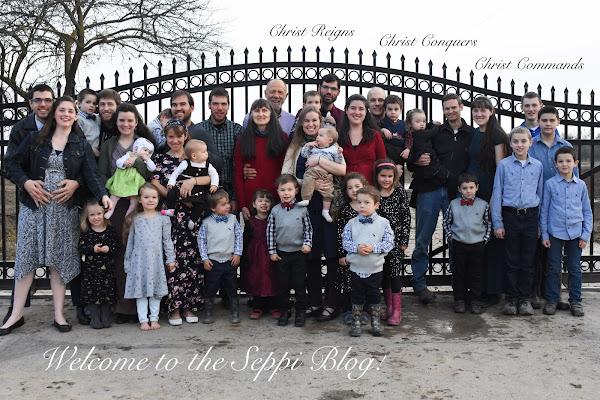
















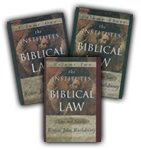






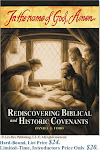




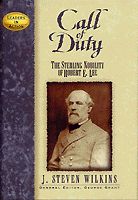





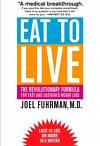



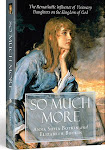



















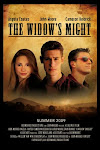


No comments:
Post a Comment